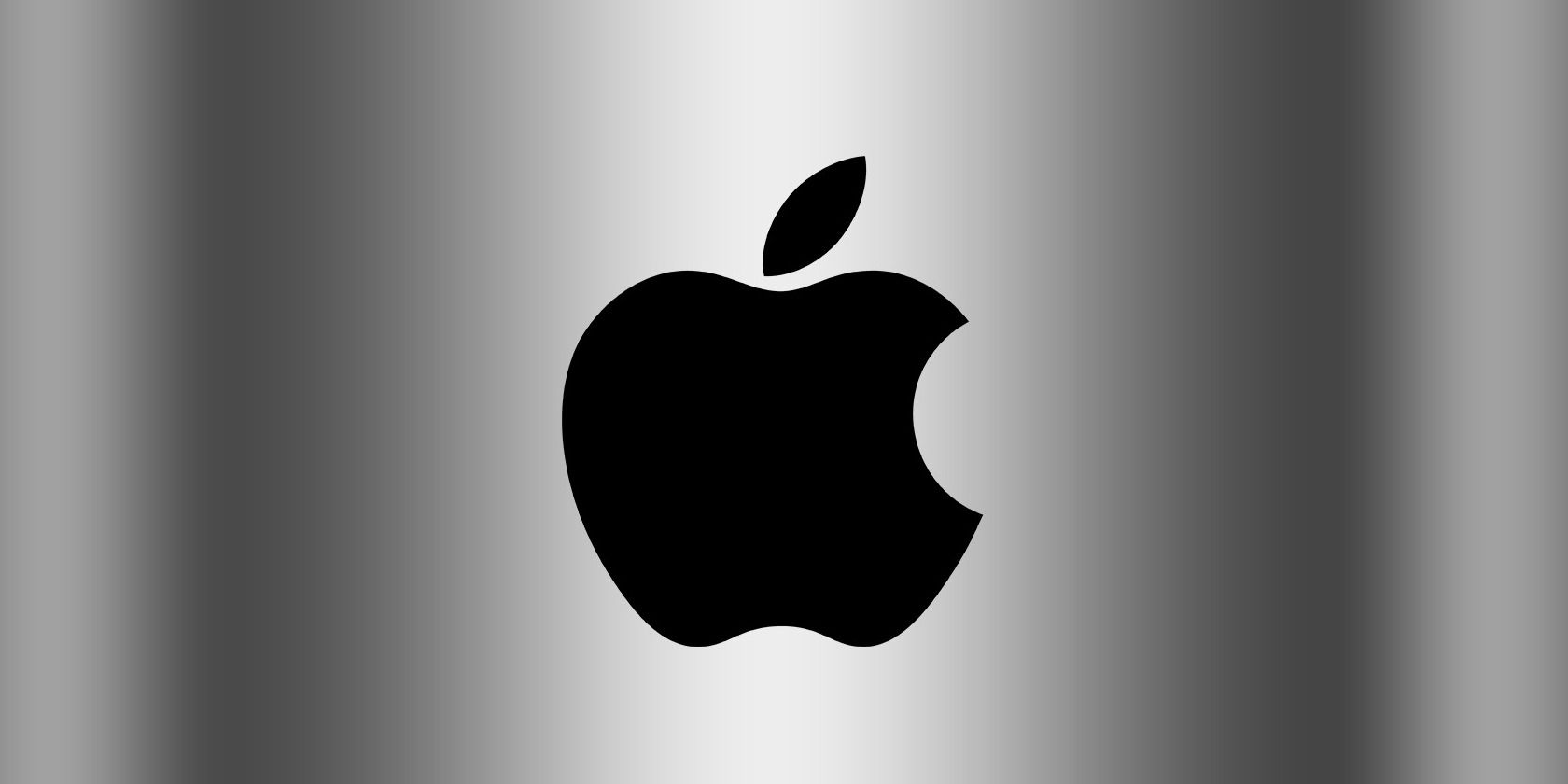[ad_1]

And just like that, it’s over before it even began.
Elon Musk, the richest man on the planet and an avid poster of Twitter memes, has declined an offer to join the board of the social network. The announcement from Twitter Chief Executive Parag Agrawal put an abrupt end to any hopes the world had of watching one of the platform’s biggest provocateurs become part of its management — but it also raised the prospect of a more complete Musk takeover.
“We announced on Tuesday that Elon would be appointed to the board contingent on a background check and formal acceptance,” Agrawal said in a company briefing he shared. “Elon’s appointment to the board was to become officially effective 4/9, but Elon shared that same morning that he will no longer be joining the board.”
“Elon is our biggest shareholder and we will remain open to his input,” Agrawal added. A spokesperson for Twitter declined to comment further on the situation. Musk does not have a media representative.
The deal to add Musk to the board came about after he acquired a 9% stake in the company to become its biggest individual shareholder. Filings with the U.S. Securities and Exchange Commission indicated that the seat came with an agreement by Musk to keep his stake under 15%.
It’s not clear what happened in the interim to derail things. Internally, employees may have bristled at the appointment of a business magnate who has previously used his platform to call people pedophiles, pump fringe cryptocurrency projects, get in trouble with the SEC, raise doubts about COVID-19 vaccines and mock social justice activism. A recent series of tweets criticizing the company may have also called into question how prepared Musk was to subordinate his own impulses and grievances to the interests of the company and its shareholders.
The path forward is equally unclear. Musk seems to still have his sizable stake in the company, and hasn’t yet made good on past intimations at launching his own, competing social network. These are the scenarios that could unfold from here:
Musk cashes out
Although there’s little indication that he plans to do so, one option for Musk would be to sell his stake in Twitter altogether and return to his old relationship with the company: as one of its biggest, loudest users, rather than a co-owner.
Getting involved in the first place may have already heightened his long-running conflict with the SEC after he was tardy filing a required form disclosing the purchase of his stake. Walking away now would save him further headaches, while also giving him more time to focus on his own companies, including Tesla and SpaceX.
He’d also turn a profit were he able to cash out quickly. Although the news that he isn’t joining the board did cause a brief drop in the value of Twitter shares, they’re still well above their price before his investment went public.
Musk doubles down
An updated SEC form that Musk filed Monday reaffirms that after he declined Twitter’s offer to join the board, he “may, from time to time, acquire additional shares of Common Stock” in the company, leaving the door open for him to exceed the 15% ownership cap he would’ve faced as a board member.
Were he to go far enough in that direction, or partner with other activist shareholders, Musk could exert his will over Twitter more directly, forcing changes in leadership or policy to align the platform more with his vision for it as a no-holds-barred free-speech zone.
That’s an outcome financial analyst Dan Ives says could happen. “This now goes from a Cinderella story with Musk joining the Twitter board and keeping his stake under 14.9% to likely a ‘Game of Thrones’ battle in the months ahead,” Ives, managing director of equity research at Wedbush Securities, tweeted.
Musk hangs around and plays gadfly
Even with no board seat and no changes to his stake in the company, Musk will certainly keep having many, many opinions about what Twitter is and what it should be. Using the considerable power afforded him as not just a major shareholder but also one of the platform’s most popular users — he has more than 81 million followers whose opinions he regularly solicits through in-app polls — Musk will remain a powerful stakeholder in the company.
Indeed, Musk’s new SEC filing outlines his freedom to “engage in discussions with the board and/or [Twitter’s] management team” as well as “express his views to … the public through social media or other channels.”
Some of the changes he could push for are ideological. In particular, Musk has signaled frustration with how the company handles free speech via its content moderation policies. “Given that Twitter serves as the de facto public town square, failing to adhere to free-speech principles fundamentally undermines democracy,” he tweeted last month. “What should be done?”
Other ideas are more evocative of the emotional investment any super-user feels in the product they’re obsessed with. Musk has labeled cryptocurrency spambots Twitter’s “single most annoying problem,” for instance, and reignited the long-standing debate about whether the app should let users edit tweets after posting them (the company has said it’s working on such a feature, albeit doing so independent of Musk).
He has also said the company should let users of its premium “Twitter Blue” subscription get verified — a mark of legitimacy, connoted with a blue check-mark, that’s currently reserved for politicians, journalists and other public figures.
Musk may be betting that he can better push for these sorts of changes from outside of the board than within it.
“He’ll have as much influence as a shareholder as he would as a director in this circumstance, simply because of his significant public presence,” said Charles Elson, founding director of the Weinberg Center for Corporate Governance. “At this point, it doesn’t matter whether he’s under the tent as a director, or outside the tent. He has significant … name recognition, public attention, and what he says about them will have influence.”
Last week, a Twitter spokesperson told The Times that although the board “plays an important advisory and feedback role … day to day operations and decisions are made by Twitter management and employees.”
Bloomberg’s Matt Levine, a longtime chronicler of Musk’s machinations, has also noted that had Musk joined the board, he would’ve been obliged to act in shareholders’ best interests, rather than just pursuing his own whims.
Now, Levine wrote Monday, “if Musk wants to change how Twitter operates, he can get a meeting with Agrawal whenever he wants, and ask for whatever he wants. If Agrawal says no, he can threaten to buy more stock and take over the company.”
[ad_2]
Source link















